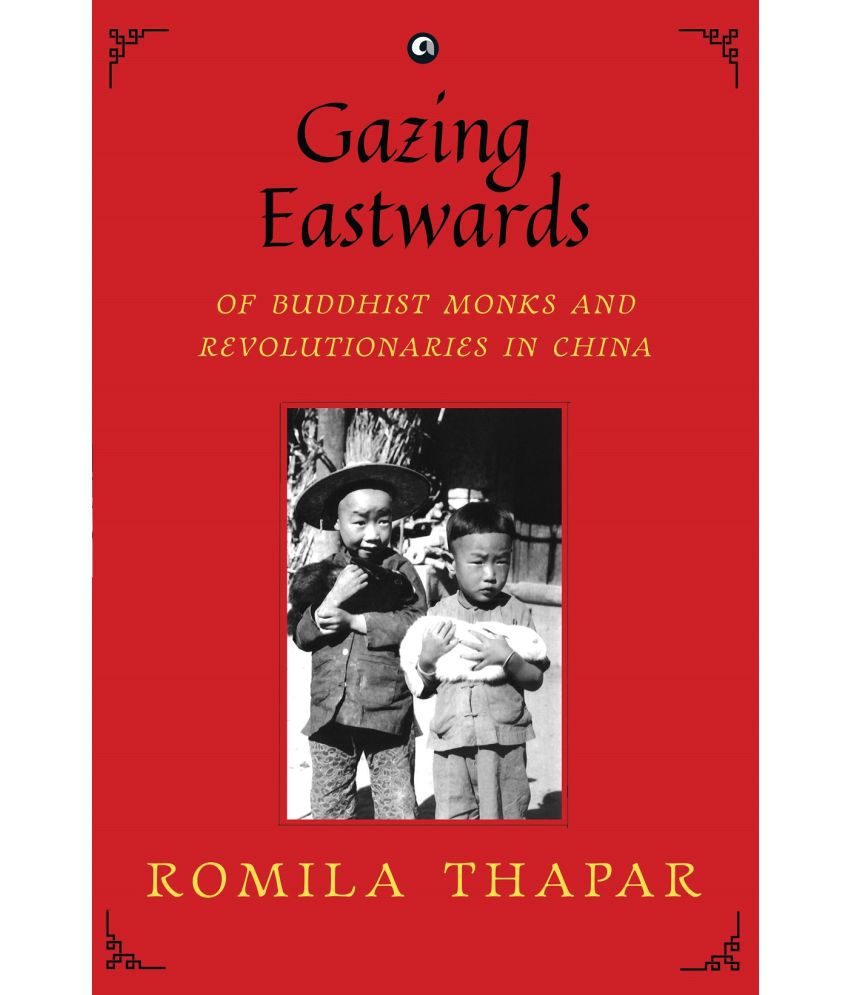Gazing Eastwards is a lively and arresting account of Romila Thapar’s first visit to China in 1957. She went as a research assistant to the Sri Lankan art historian Anil de Silva, and worked on two major Buddhist sites in Maijishan and Dunhuang. It was a period of deceptive calm in the country, just prior to traumatic events such as the Cultural Revolution and the Great Leap Forward that churned and transformed Chinese society. Although China was changing with Mao’s rise to power, much of the old ways remained. This being her first visit to East Asia, the author was greatly intrigued by the country, its culture, and its people during the months she spent there.
Besides her work on the Buddhist sites that brought her to China, the author was able to travel to the historically important cities of Beijing, Xi’an, Nanking, and Shanghai, as also some small cities and villages of the Chinese hinterland. She travelled by plane, train, truck, and automobile. Her curiosity led her to many meetings with a variety of people, great and small, as well as forays into the country’s art, music, culture, and religion. She ate the most unusual and delicious Chinese meals, and endorsed the claim that Chinese food is one of the world’s great cuisines. She delved into Chinese history, learnt how to play the erhu, heard the operas of diverse regions, shook hands with Chairman Mao, admired the grace and beauty of Chinese women, and tried to experience as much of Chinese society as she could. Her observations of her time in China provide the reader with a profound, funny, original, and constantly insightful look at one of the world’s oldest and most complex countries.
- About the Author - ROMILA THAPAR is Professor Emerita of History at the Jawaharlal Nehru University, New Delhi. She was elected General President of the Indian History Congress in 1983 and a Fellow of the British Academy in 1999. In 2008, she was awarded the prestigious Kluge Prize of the US Library of Congress which complements the Nobel in honouring lifetime achievement in disciplines not covered by the latter.

